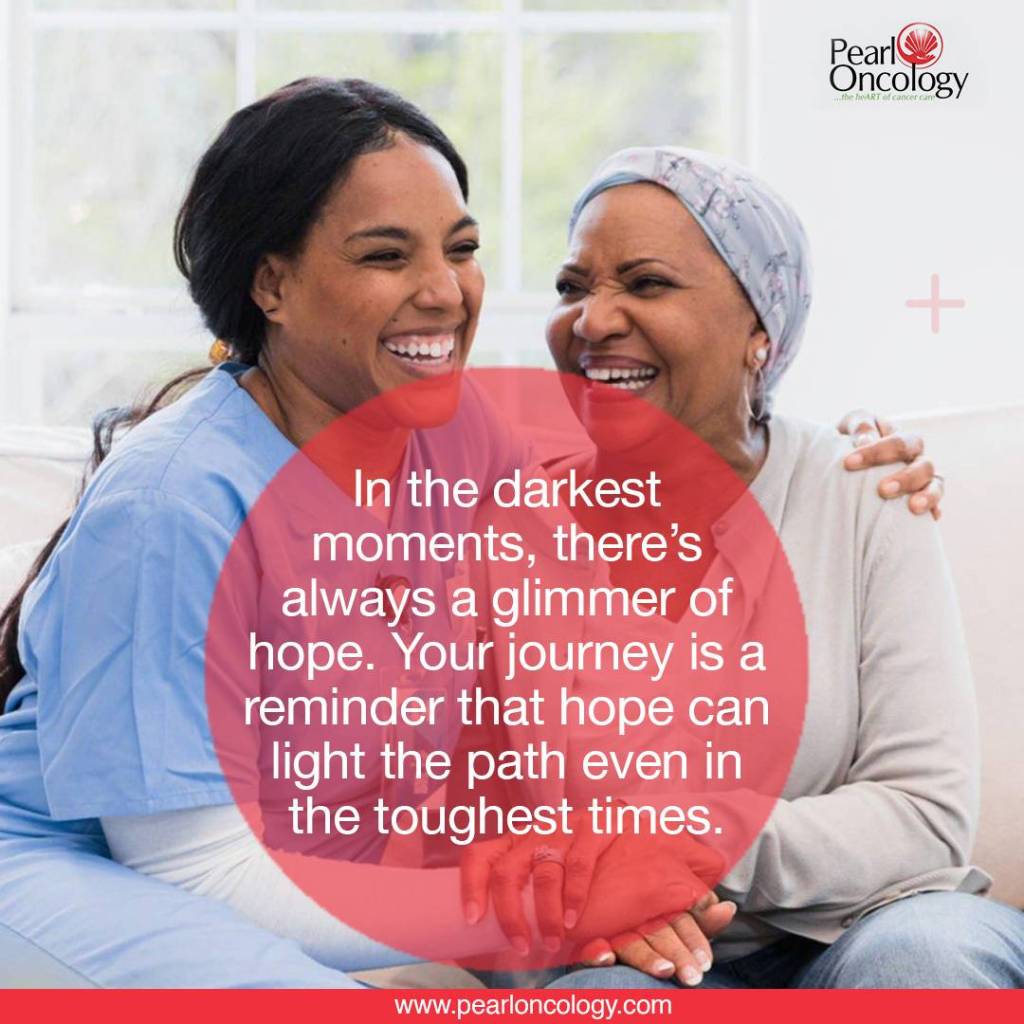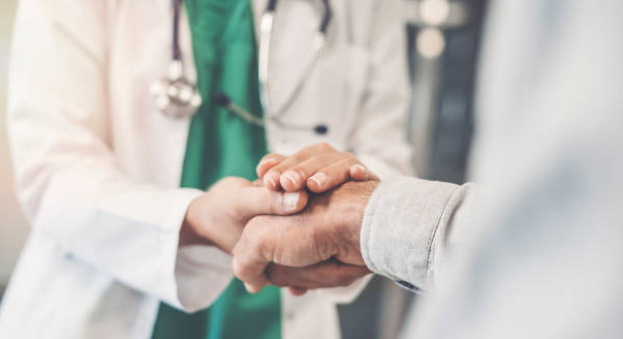In the dynamic city of Lagos, Nigeria, the landscape of healthcare is evolving, especially in the realm of cancer diagnosis. With a rising awareness of the importance of early detection, a network of advanced medical facilities is emerging to address the challenges posed by this formidable disease. This article delves into the landscape of cancer diagnosis in Lagos, shedding light on the strides made in ensuring timely and accurate detection.

Diagnostic Advancements:
Lagos boasts a cluster of cutting-edge medical centers equipped with state-of-the-art diagnostic technologies. From sophisticated imaging tools to advanced laboratory techniques, these facilities offer a comprehensive suite of diagnostic services. These advancements not only facilitate the early detection of cancer but also enable healthcare professionals to tailor treatment plans to each patient’s specific needs.
Multidisciplinary Approach:
Cancer Diagnosis in Lagos, Nigeria emphasizes a multidisciplinary approach, bringing together a team of specialists to ensure a thorough and accurate assessment. Oncologists, radiologists, pathologists, and other experts collaborate seamlessly to analyze diagnostic results, enabling a more comprehensive understanding of the disease. This collaborative effort enhances the precision of diagnoses and contributes to more effective treatment strategies.
Community Outreach and Awareness:
Recognizing the pivotal role of awareness in early cancer diagnosis, healthcare organizations in Lagos are actively engaged in community outreach programs. These initiatives aim to educate the public about the importance of regular screenings, recognizing symptoms, and seeking medical attention promptly. By fostering a culture of awareness, these programs contribute to a proactive approach in managing cancer risks.
Accessibility and Affordability:
Efforts have been made to make Cancer Treatment in Lagos, Nigeria more accessible and affordable in Lagos. Medical facilities are strategically located across the city, reducing travel barriers for patients seeking diagnostic services. Additionally, innovative healthcare models and public-private partnerships contribute to making cancer diagnostics more affordable, ensuring that a broader segment of the population can benefit from timely screenings.
Challenges and Future Prospects:
While significant strides have been made, challenges persist, including socio-economic disparities, infrastructure limitations, and the need for ongoing education. However, the ongoing commitment to progress is promising, with a focus on expanding healthcare infrastructure, enhancing education, and implementing policies that prioritize early detection.
Conclusion:
Lagos, Nigeria, is witnessing a transformative era in cancer diagnosis, marked by advanced technologies, collaborative healthcare practices, and proactive community engagement. By fostering awareness, accessibility, and affordability, the city is making commendable strides in ensuring that cancer is diagnosed at its earliest, most treatable stages. As the healthcare landscape continues to evolve, Lagos stands at the forefront, empowering individuals in the face of cancer through timely and accurate diagnoses.
Source & Reference: https://pearloncology.blogspot.com/2023/12/empowering-futures-navigating-cancer.html
